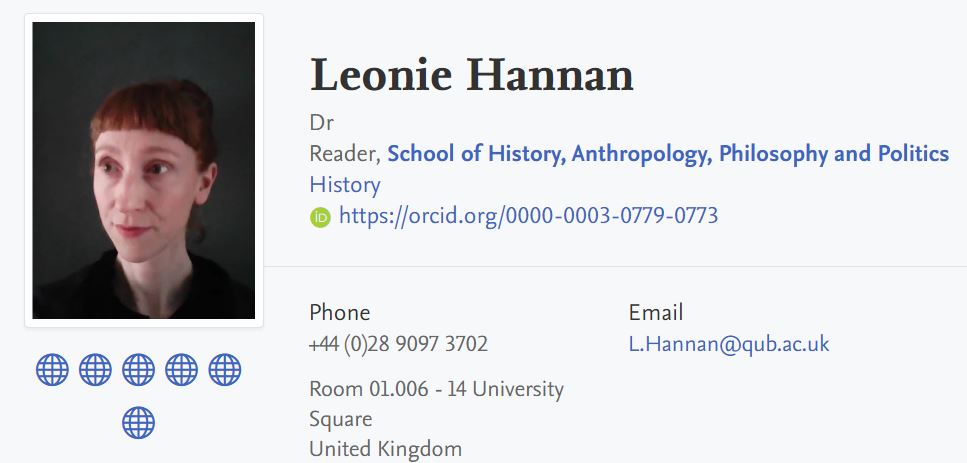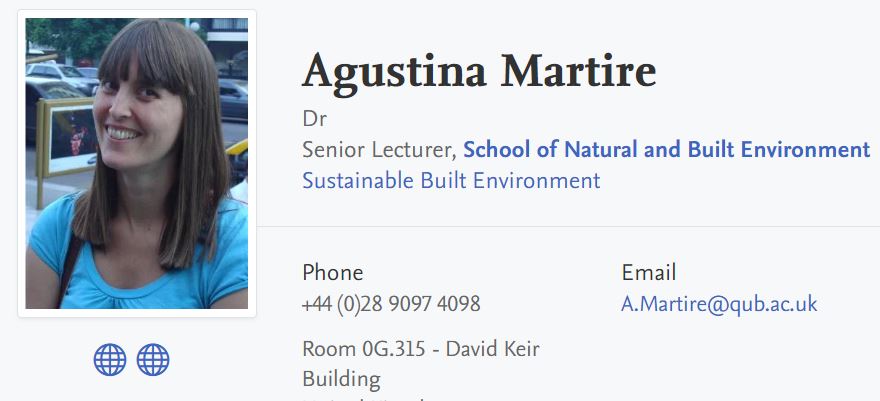Heritage in Practice
Heritage is multifaceted and complex, often fragmented across a wide range of stakeholders, including government departments, charitable organisations, NGOs, and educational and research bodies. All of these professional engagements with the past span sectors including tourism, museums, libraries, and natural, built and cultural heritage. This is a huge endeavour and sharing experiences and expertise in managing heritage sites, landscapes, collections and organisations is all the more important in a diffuse field.
Heritage Hub Research
The goal of ‘Heritage in Practice’ is to draw these connections between practitioners, as well as better embed researchers in heritage practice. This covers practical issues, such as gaining training and access to tools and techniques for heritage management, conservation and preservation, as well as supporting heritage projects and outreach by building stronger connections across academic and practitioner networks.
The understanding and appreciation of cultural heritage goes beyond monuments, and ‘iconic’ and ‘authentic’ places. 'Heritage in Practice' also encompasses the knowledge that can be obtained by learning from cultural practices and lived experiences. These practices can teach us about intangible heritage such as inherited customs, ritual behaviours and oral traditions. The appreciation of heritage is moving to a more all-encompassing approach, considering different takes on memory, place, identity, cultural expression, and change. All these aspects are part of different communities, which are embedded in cultural heritage. Heritage lives in the everyday life and culture of people and is ever changing and in a constant dynamic development. Communities of all scales and conditions not only have a vested interest in their own heritage, but they are part of it, in its constant and continued development and redefinition. Heritage in practice acknowledges that heritage works in positive and negative ways, in historical and contemporary settings, to reinvigorate and redefine intellectual debates on what is defined as ‘heritage’
Thinking critically about heritage, through recognising the role it plays in shaping our individual and collective engagements with the past, requires academic engagements at the policy, methodology, community and individual level. Projects encompassed by this theme work across the sciences, social sciences, arts and humanities and are committed to participatory research and stakeholder engagement. By seeking to better understand the pragmatics of heritage, the aim will be to consider the practicalities of shaping heritage futures resilient to climate, societal, cultural and landscape transformations of the twenty-first century.





